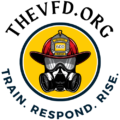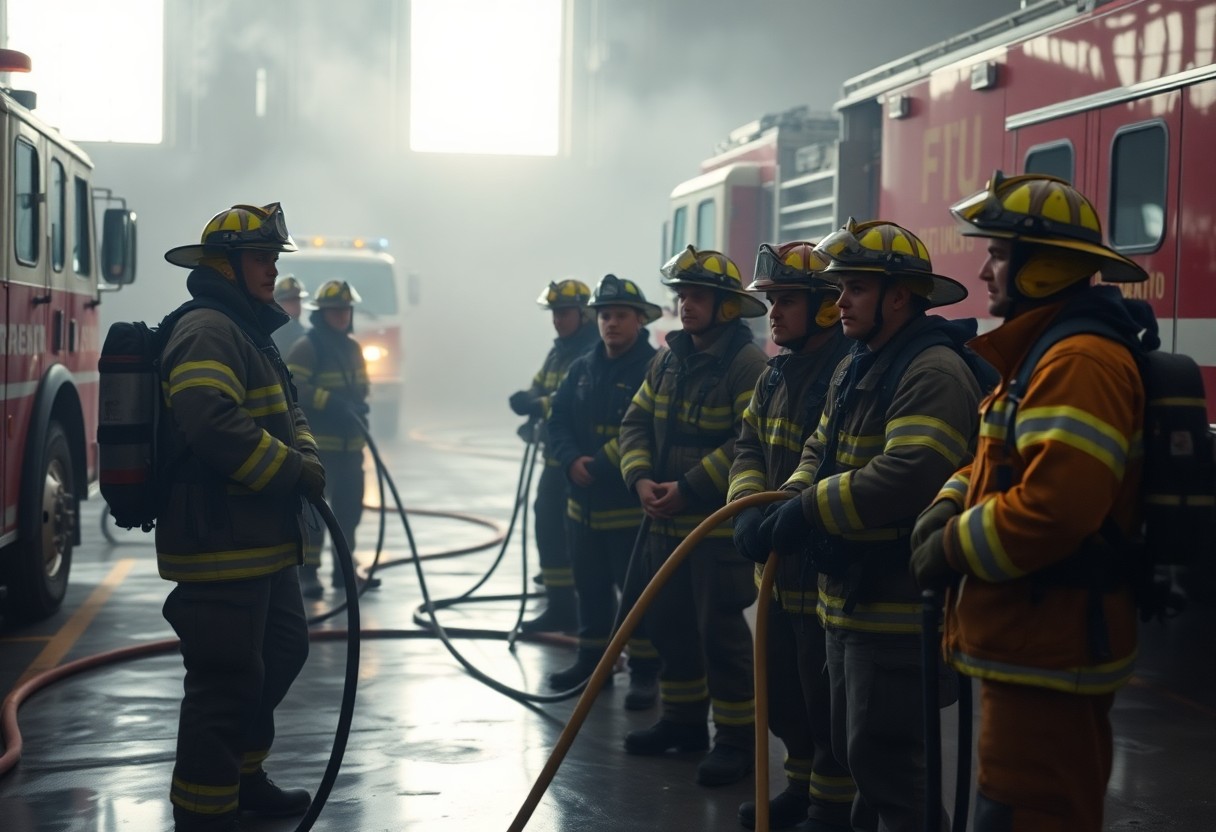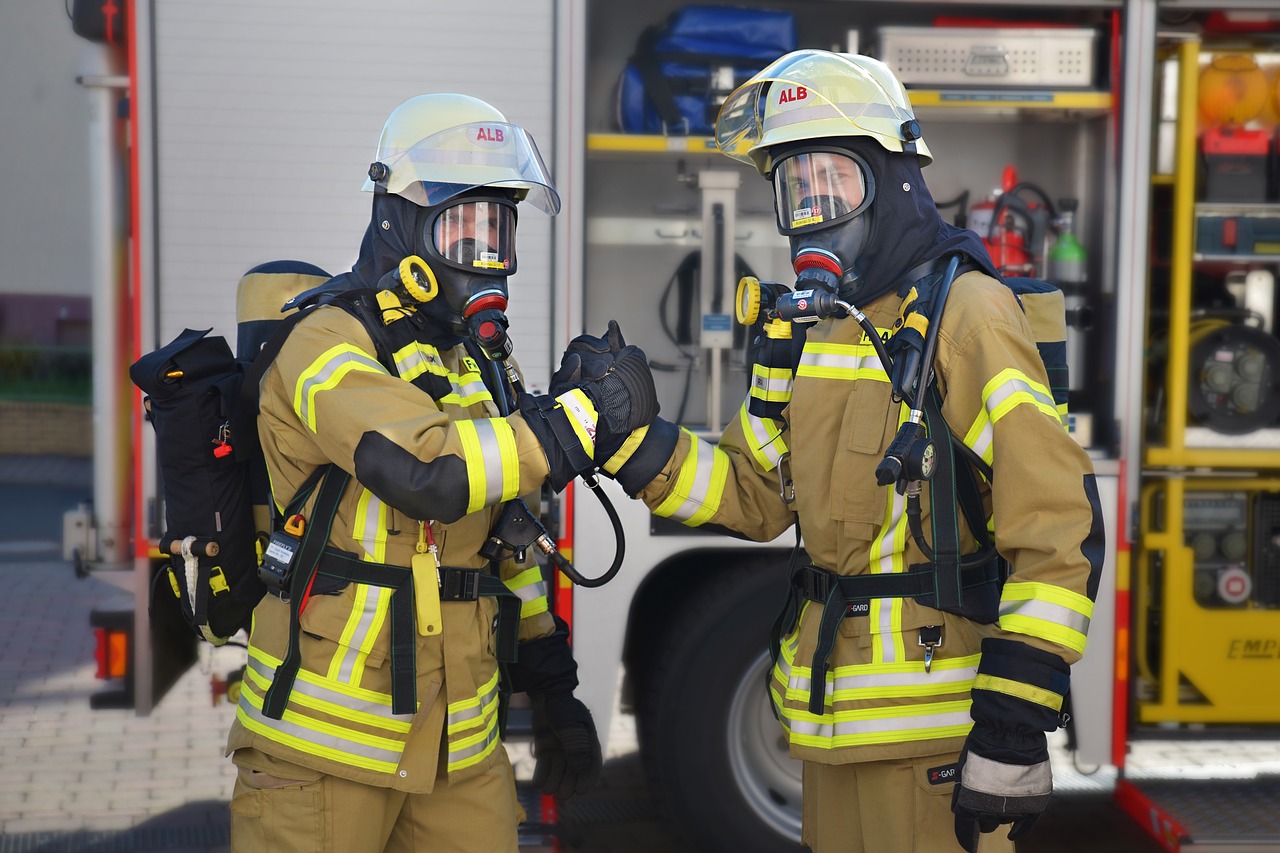Many volunteer firefighters initiate on this rewarding journey, only to find themselves facing the intense challenges of the job. In this guide, you will discover the fundamental skills required to effectively battle flames, protect lives, and serve your community. From understanding fire behavior to mastering personal protective equipment, these vitals will not only enhance your safety but also boost your confidence in high-pressure situations. Equip yourself with the knowledge to tackle emergencies effectively and make a positive impact as a volunteer firefighter.
Understanding Firefighting Basics
While firefighting may seem daunting, grasping the basics is necessary for every volunteer firefighter. Understanding the nature of fire, including its behavior and the types of fires you may encounter, equips you with the knowledge to tackle emergencies effectively. Familiarize yourself with fire dynamics, the elements that sustain it, and how various conditions can affect fire spread. This foundational knowledge ensures you can make informed decisions under pressure, enhancing both your safety and the safety of those around you.
The Role of a Volunteer Firefighter
For volunteer firefighters, the role goes beyond simply extinguishing flames. You serve as a critical component of your community’s emergency response team, protecting lives and property. Your duties encompass everything from fighting fires to participating in community outreach, educating the public on fire safety, and honing your skills through continuous training. Embracing this role means being prepared to respond at a moment’s notice and dedicating your time and effort to public service.
Key Firefighting Equipment
For effective firefighting, you must be familiar with necessary equipment designed to protect you and aid in extinguishing fires. This includes gear such as fire helmets, protective clothing, boots, gloves, fire extinguishers, hoses, and communication devices. Understanding how to properly use and maintain these tools can significantly impact your effectiveness in emergency situations.
Equipment is your lifeline in firefighting and serves to enhance your safety and operational efficiency. Your fire helmet shields your head from falling debris, while protective clothing ensures you remain safe from intense heat and flames. The fire extinguisher is vital for quickly tackling small fires, and hoses allow you to deliver water effectively. Additionally, communication devices ensure that you can stay in contact with your team, facilitating coordinated efforts during emergencies. Mastering the usage of this equipment is necessary for your success and the safety of your community.
Essential Skills for Volunteer Firefighters
There’s a broad range of skills you need to become an effective volunteer firefighter. Mastering these crucial capabilities not only enhances your confidence and performance but also ensures the safety of both you and those you serve. From fire suppression techniques to search and rescue operations, developing these core skills will prepare you to handle various emergency situations efficiently.
Fire Suppression Techniques
Suppression involves understanding various methods to control and extinguish fires effectively. You will learn to identify the correct approach based on fire classes and conditions, utilizing tools such as hoses, extinguishers, and blankets to combat flames while ensuring your safety. Training in proper techniques can significantly enhance your ability to protect lives and property.
Search and Rescue Operations
Techniques for search and rescue operations are vital in life-saving scenarios. As a volunteer firefighter, you must develop skills in navigating hazardous environments, assessing risks, and effectively locating victims in distress. With protocols for safety as your guide, you will learn to work within teams to conduct thorough searches without endangering yourself or others. Understanding the importance of communication and coordination during these operations can significantly impact the success of your efforts.
With practice, you will build expertise in operating under pressure during search and rescue missions. Familiarizing yourself with building layouts, implementing scene management, and using effective communications with teammates will ensure you can navigate quickly through dangerous situations. The ability to stay calm, follow procedures, and utilize life-saving techniques will make you an invaluable asset to your firefighting team, ultimately enhancing your efficacy in critical situations.
Safety Protocols and Best Practices
Some of the most important aspects of volunteer firefighting involve adhering to established safety protocols and best practices. These protocols encompass everything from communication strategies with your team to the proper handling of equipment, ensuring that both you and your fellow firefighters can operate effectively while minimizing risks. By thoroughly understanding and implementing these safety measures, you can safeguard not only yourself but also the community you serve.
Personal Protective Equipment (PPE)
Little goes further in ensuring your safety on the job than proper Personal Protective Equipment (PPE). This gear, which includes helmets, gloves, boots, and fire-resistant clothing, is specifically designed to protect you from heat, flames, and hazardous materials. Always check your PPE before each call and ensure it fits well and is free of damage.
Risk Assessment and Management
Even the most seasoned firefighters must stay vigilant about risks associated with firefighting. Assessing potential hazards before and during operations not only enhances your safety but also improves the effectiveness of your response. You should continuously evaluate the environment, identify potential threats, and communicate findings with your team to make informed decisions.
For instance, assessing the scene for potential hazards such as downed power lines, combustible materials, or structural instability is vital for preserving life and property. Make it a point to analyze the environment quickly and strategically, ensuring that you and your team stay aware of dynamic conditions. This proactive approach allows you to manage risks effectively, ensuring a rapid and coordinated response while also safeguarding your well-being and that of your colleagues.
Effective Communication in Firefighting
Many factors contribute to successful firefighting, but none is more vital than effective communication. Clear and concise dialogue among team members ensures that everyone is on the same page, whether it’s during training exercises or live incidents. By honing your communication skills, you not only enhance your own performance but also that of your entire team, facilitating quicker decision-making and ultimately leading to safer outcomes in challenging situations.
Teamwork and Coordination
Now, fostering a culture of teamwork and coordination is fundamental in firefighting. You need to work seamlessly with your colleagues, understanding each member’s strengths and areas for improvement. This synergy allows for efficient task execution and resource management, which are vital when quick actions can mean the difference between success and disaster.
Incident Command Systems
Effective communication also plays a pivotal role in Incident Command Systems (ICS). The ICS provides a standardized framework for managing incidents, enabling you to respond swiftly and effectively under pressure.
To ensure optimal results, you must familiarize yourself with the Incident Command System, a structured approach to managing emergencies. By understanding your specific roles and responsibilities within this framework, you can respond efficiently to incidents, ensuring that all necessary resources are utilized effectively. The ICS emphasizes clear communication pathways and comprehensive situational awareness, so you can quickly relay critical information. Prioritizing safety and coordination not only improves outcomes but also enhances the overall effectiveness of your team during emergencies.
Continuous Learning and Training
Despite the broad skill set you acquire as a volunteer firefighter, continuous learning and training remain vital for maintaining your effectiveness and safety on the job. The ever-evolving nature of firefighting techniques, equipment, and safety measures means that ongoing education is crucial. By committing to regular training, you can ensure that your knowledge stays current and your skills remain sharp, ultimately enhancing the safety of both your team and the community you serve.
Importance of Drills and Exercises
You should participate in regular drills and exercises to stay proficient in your firefighting skills. These practice scenarios not only help you solidify your technical abilities but also foster teamwork and communication among your fellow firefighters. Engaging in realistic drills prepares you for high-pressure situations and builds your confidence, ensuring that you can respond effectively when it matters most.
Resources for Ongoing Education
Importance of ongoing education cannot be overstated for a volunteer firefighter. Accessing quality training materials, workshops, and seminars enables you to keep pace with the latest industry standards and safety protocols. Additionally, engaging with experienced mentors can provide you with valuable insights and practical knowledge that books alone may not offer.
For instance, organizations like the National Fire Protection Association (NFPA) and local fire training academies offer online courses, webinars, and certification programs tailored to keep your skills up to date. Moreover, participating in community-oriented programs and workshops fosters a sense of camaraderie while enhancing your practical skills. Leverage these resources to equip yourself with the most effective techniques and understand the latest firefighting advancements. By prioritizing your education, you’ll enhance your capability to serve and protect your community, ensuring you are always prepared for the challenges ahead.
Tips for Maintaining Physical Fitness
Your physical fitness is vital as a volunteer firefighter. Stay in shape by following these tips:
- Engage in regular exercise that improves strength and endurance.
- Incorporate flexibility workouts such as stretching or yoga.
- Focus on core stability, which is vital for handling equipment.
- Stay hydrated and rest adequately between workouts.
- Set fitness goals to track your progress and keep you motivated.
After maintaining your fitness, you will be better prepared for the challenges of firefighting.
Exercise Routines for Firefighters
An effective exercise routine for firefighters includes a combination of cardiovascular activities, strength training, and functional workouts. Engage in high-intensity interval training (HIIT) to enhance your endurance, and lift weights to build strength vital for carrying heavy equipment. Additionally, consider incorporating agility drills and stability exercises to improve your responsiveness in emergencies.
Nutrition and Health Considerations
With proper nutrition, you can fuel your body for the demanding tasks of firefighting. Focus on a balanced diet rich in proteins, healthy fats, and carbohydrates to optimize your energy levels. Ensure you consume plenty of fruits and vegetables for vital vitamins and minerals.
The typical diet for a firefighter should emphasize whole foods while avoiding processed options. A high-protein intake helps build muscle, while complex carbohydrates provide lasting energy. Stay vigilant about hydration, as even mild dehydration can impair performance. Prioritize healthy eating habits to maintain a strong immune system, helping you to combat the physical and mental toll of the job efficiently.
To wrap up
Drawing together the fundamental skills for volunteer firefighters, you now understand the importance of mastering fire suppression techniques, safety protocols, and effective communication. By honing these important skills, you enhance your ability to respond effectively in emergencies, safeguard your fellow firefighters, and serve your community with confidence. Embracing ongoing training and practical experience will further solidify your knowledge and preparedness, ensuring you are well-equipped to tackle the challenges that may arise in the field. Your dedication to learning will not only benefit you but also those you aim to protect.
FAQ
Q: What are the crucial skills needed for volunteer firefighters?
A: Volunteer firefighters should focus on several key skills to effectively perform their duties. These include fire suppression techniques, understanding fire behavior, basic first aid, and emergency response protocols. Additionally, skills in communication and teamwork are vital, as collaboration with other emergency personnel is often required during firefighting operations. Familiarity with equipment such as hoses, ladders, and fire extinguishers is also necessary, as well as maintaining physical fitness to handle the demands of the job.
Q: How can someone become a more effective firefighter in training?
A: To enhance effectiveness during training, aspiring volunteer firefighters should engage in hands-on practice whenever possible. This includes participating in drills, simulations, and community fire service activities to gain real-world experience. Seeking mentorship from experienced firefighters can provide invaluable insights and practical knowledge. Additionally, studying firefighting techniques and attending relevant workshops or courses can deepen understanding of both the theoretical and practical aspects of firefighting.
Q: What resources are available for volunteer firefighters to continue their education?
A: Numerous resources are available for volunteer firefighters seeking to further their education and skillset. Online platforms offer courses ranging from fire science fundamentals to advanced firefighting strategies. Organizations such as the National Fire Academy provide workshops and training sessions. Additionally, local fire departments often have training programs, mentorship opportunities, and resources for continued learning. Networking with fellow firefighters and participating in fire service associations can also provide access to valuable education and support.



